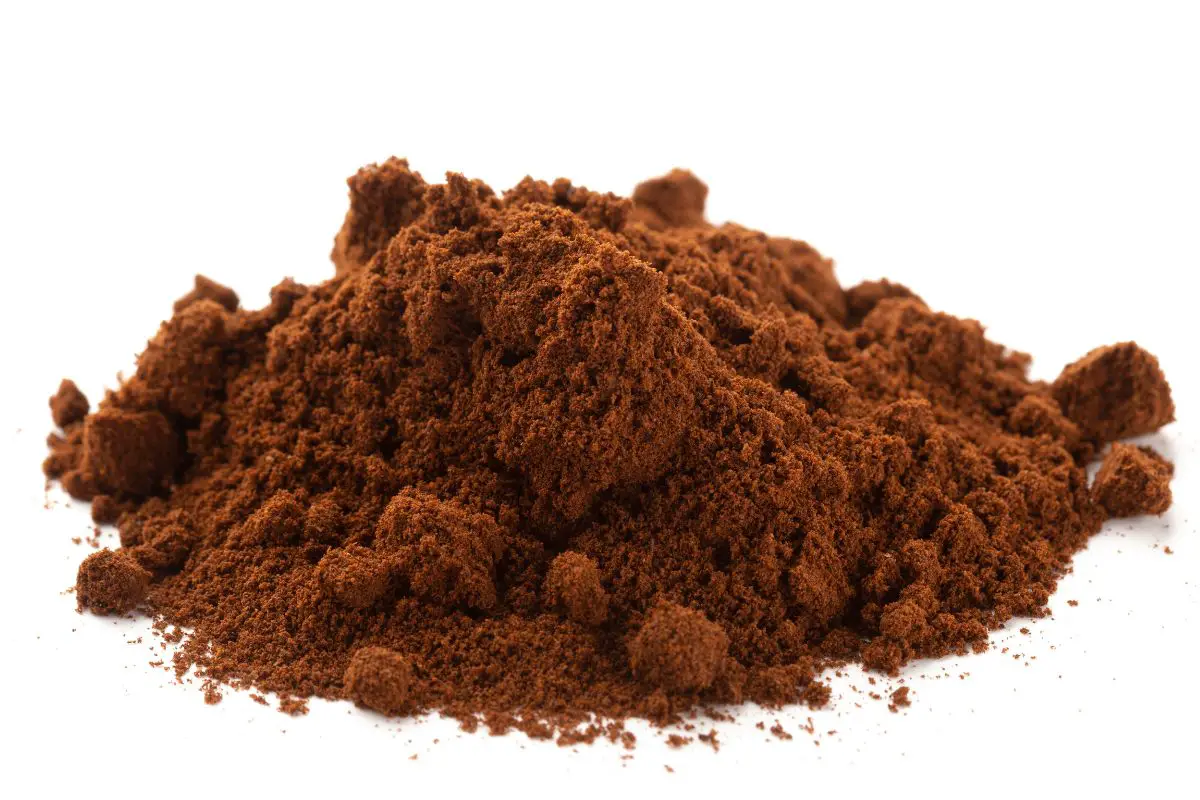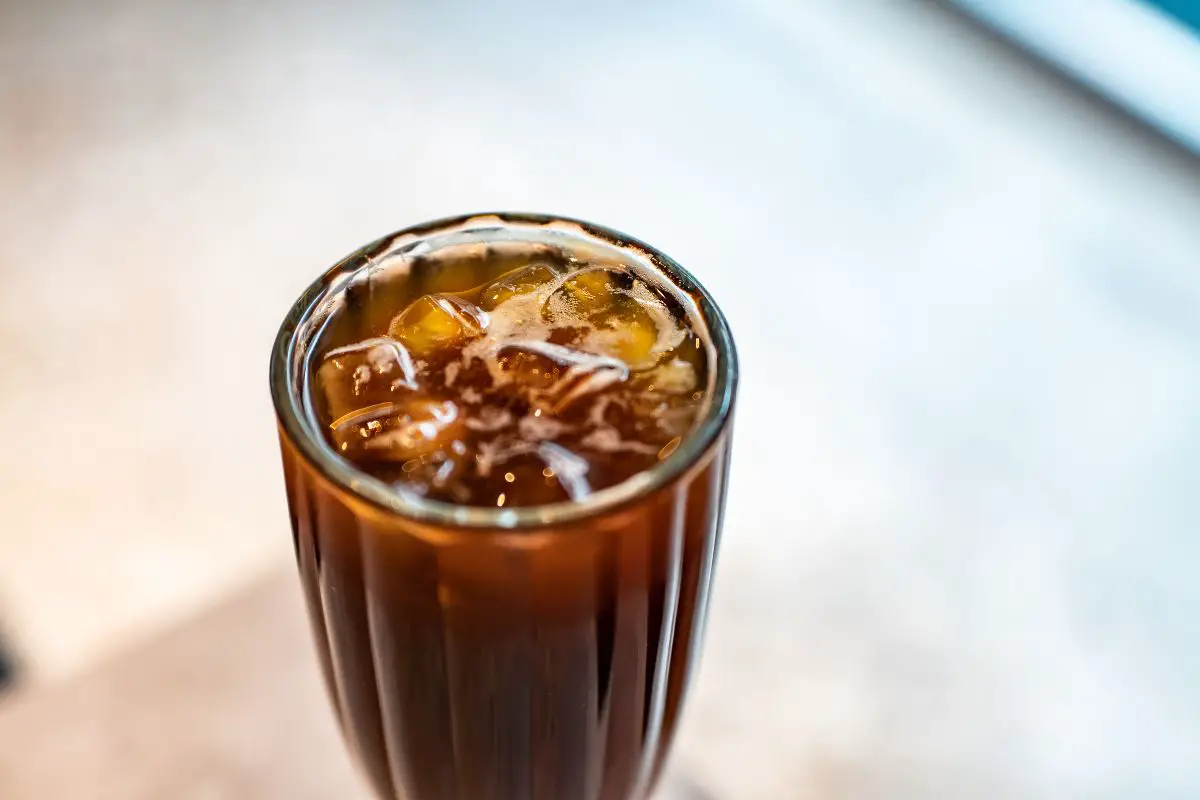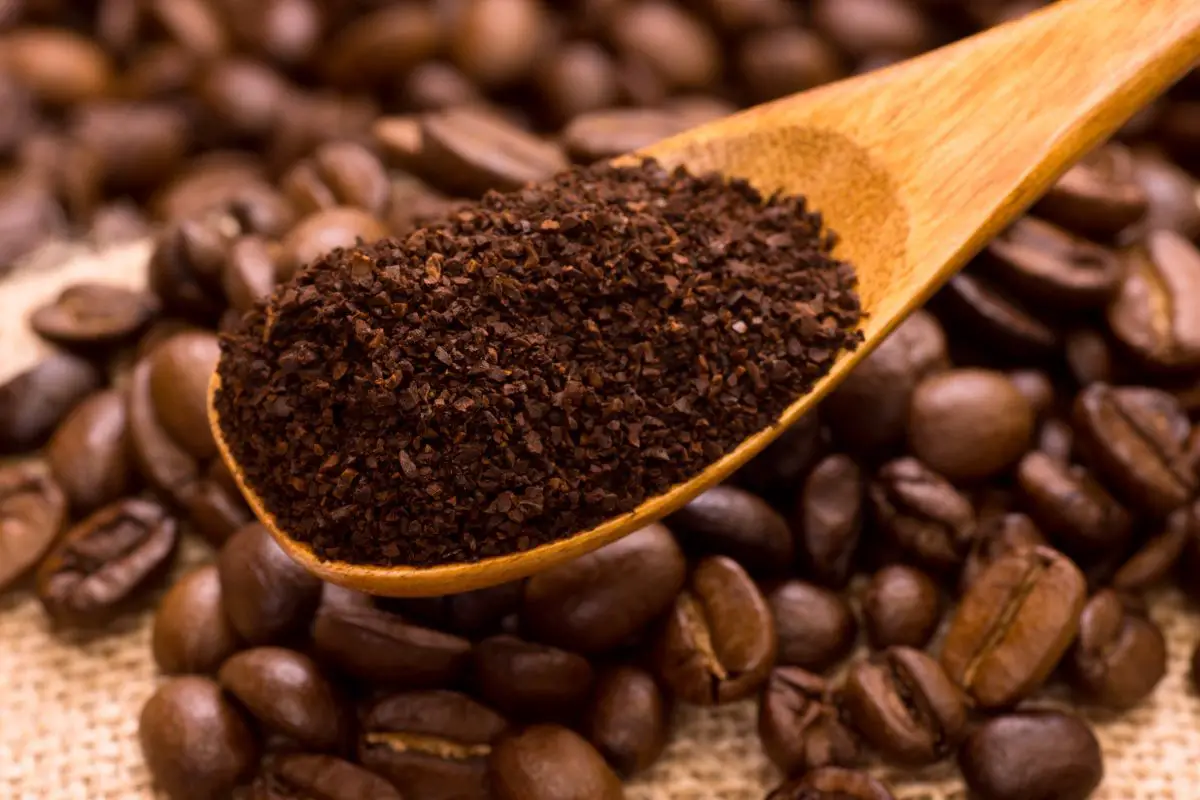In the world of coffee, where enthusiasts are constantly in search of the perfect brew, the concept of cold brew has gained significant popularity. Cold brew coffee offers a refreshing and smooth flavor profile, making it an excellent choice for those seeking a chilled caffeine fix.

However, the question arises: can you use regular ground coffee for cold brew? This seemingly simple query has sparked countless debates and discussions among coffee aficionados. In this article, we will delve into the depths of this conundrum, examining the basics of cold brew coffee and exploring the different types of coffee grounds.
We will weigh the pros and cons of using regular ground coffee for cold brew, considering alternative options for those seeking different flavors and experiences. Additionally, we will provide valuable tips and tricks for making the best cold brew with regular ground coffee, ensuring that you can enjoy the refreshing taste of cold brew while maintaining a sense of safety and satisfaction.
Key Takeaways
- Cold brew coffee has gained popularity for its refreshing and smooth flavor profile.
- Coarsely ground coffee beans are essential for cold brew to prevent over-extraction.
- Specialty coffee grounds specifically formulated for cold brew offer more flavor complexity and nuance.
- Tips for making the best cold brew with regular ground coffee include choosing a medium to coarse grind size, using a higher coffee-to-water ratio, steeping for 12-24 hours, and straining the brewed coffee.
Understanding the Basics of Cold Brew Coffee
The process of cold brewing coffee involves steeping coarsely ground coffee beans in cold water for an extended period of time, resulting in a smooth and less acidic coffee concentrate.
Cold brew coffee is known for its mellow flavor profile, which is achieved through a slow extraction process that takes place over several hours. This method of brewing coffee is favored by many due to its lower acidity levels, which can be gentler on the stomach compared to hot brewed coffee.
To make cold brew coffee, it is essential to use coarsely ground coffee beans. This is because finer grounds can lead to over-extraction and result in a bitter and unpleasant taste. The larger surface area of coarsely ground coffee allows for a more controlled extraction, resulting in a smoother and well-balanced cup of cold brew coffee.
When it comes to choosing the type of coffee beans for cold brew, the possibilities are endless. Whether you prefer a light, medium, or dark roast, each will bring its own unique flavor profile to the final cup. It is important to experiment and find the coffee beans that suit your personal taste preferences.
Exploring the different types of coffee grounds for cold brew will allow you to customize your brewing experience and discover your preferred flavor profile.
Exploring the Different Types of Coffee Grounds
One may consider exploring the various types of coffee grounds to find a suitable option for alternative brewing methods. When it comes to making cold brew coffee, the choice of coffee grounds plays a crucial role in determining the flavor and overall quality of the brew. Different types of coffee grounds, including whole beans, coarse ground, and regular ground coffee, can be used for making cold brew.
To provide a deeper understanding, let us analyze the characteristics of these coffee grounds in a table:
| Type of Coffee Ground | Characteristics |
|---|---|
| Whole Beans | Retains freshness and flavor for longer periods. Requires grinding before use. |
| Coarse Ground | Recommended for cold brew due to its larger particle size that reduces over-extraction. |
| Regular Ground | Fine texture which may lead to over-extraction and a bitter taste in cold brew. |
Considering the safety concerns of our audience, it is important to note that regular ground coffee can still be used for cold brew. However, its fine texture may result in over-extraction, leading to a bitter taste in the final product. In the subsequent section, we will explore the pros and cons of using regular ground coffee for cold brew, providing a comprehensive analysis of this brewing method.
Pros and Cons of Using Regular Ground Coffee for Cold Brew

Considerations must be made regarding the advantages and disadvantages of utilizing conventional coffee grounds for the preparation of cold brew.
Regular ground coffee, typically used for hot brewing methods, can be used for cold brew as well. One advantage of using regular ground coffee for cold brew is its accessibility and affordability. Regular ground coffee can easily be found in most grocery stores and is generally less expensive compared to specialty coffee grounds. Additionally, regular ground coffee often comes in a variety of flavors, allowing for a wider range of taste options in cold brew preparations.
However, there are some drawbacks to using regular ground coffee for cold brew. One major concern is the potential for over-extraction. Regular ground coffee is typically finer in texture, which can lead to over-extraction during the extended steeping process of cold brewing. This can result in a bitter and unpleasant taste. Furthermore, regular ground coffee may not yield the same level of flavor complexity and nuance as specialty coffee grounds specifically formulated for cold brew.
While regular ground coffee can be used for cold brew, it is important to consider the potential drawbacks such as over-extraction and limited flavor complexity. As we explore alternative options for cold brew coffee, it is essential to examine how different types of coffee grounds can affect the final result.
Alternative Options for Cold Brew Coffee
An exploration of alternative options for preparing cold brew raises the question of how different coffee grounds can enhance the flavor profile. When it comes to cold brew, there are several alternative options available that can provide a unique taste experience. These options include:
- Single-Origin Coffee: Using single-origin coffee beans can bring out the distinct flavors of a specific region or country. Each origin has its own unique flavor profile, allowing coffee enthusiasts to explore different taste notes.
- Dark Roast Coffee: Dark roast coffee grounds can add a rich and bold flavor to cold brew. The longer roasting process intensifies the flavors and can result in a more robust and full-bodied brew.
- Flavored Coffee: For those who enjoy a hint of flavor in their cold brew, flavored coffee grounds can be a great option. These grounds are infused with various flavors such as vanilla, caramel, or hazelnut, adding a subtle sweetness to the final brew.
By experimenting with different coffee grounds, cold brew enthusiasts can discover new flavors and create a personalized taste experience.
In the subsequent section about ‘tips and tricks for making the best cold brew with regular ground coffee,’ we will explore techniques to optimize the brewing process using regular ground coffee.
Tips and Tricks for Making the Best Cold Brew with Regular Ground Coffee
To achieve optimal results when preparing cold brew, it is important to employ certain techniques and strategies that can enhance the overall quality and flavor of the final product.
When using regular ground coffee for cold brew, there are several tips and tricks that can help ensure a delicious and satisfying brew.
Firstly, it is recommended to use a coarse grind size for the coffee beans. This allows for a slower extraction process and prevents the cold brew from becoming bitter or over-extracted.
Additionally, using a higher coffee-to-water ratio can result in a stronger and more flavorful cold brew. For example, a ratio of 1:4 (1 part coffee to 4 parts water) can be used as a starting point.
It is also beneficial to steep the coffee grounds in cold water for a longer period of time, typically around 12-24 hours, to extract the desired flavors.
Lastly, gently stirring the coffee grounds and water mixture during the steeping process can help ensure even extraction.
By following these techniques, one can enjoy the refreshing taste of cold brew coffee made with regular ground coffee.
Enjoying the Refreshing Taste of Cold Brew Coffee with Regular Grounds

Savoring the invigorating flavor of chilled brewed coffee made with standard coffee grounds is a delightful experience. Cold brew coffee, known for its smooth and refreshing taste, can be easily made using regular ground coffee. This method offers a convenient and cost-effective way to enjoy cold brew at home without the need for specialized equipment. However, it is important to note that using regular ground coffee for cold brew requires careful attention to the brewing process to ensure safety and optimal flavor extraction.
To make the best cold brew with regular ground coffee, it is recommended to follow a few key tips and tricks. First, choose a medium to coarse grind size to prevent over-extraction and bitterness. Second, use a higher coffee-to-water ratio, such as 1:4 or 1:5, to compensate for the coarser grind. Third, steep the coffee grounds in cold water for at least 12 to 24 hours in a sealed container in the refrigerator. Finally, strain the brewed coffee using a fine-mesh sieve or cheesecloth to remove any sediment or grounds.
In order to enhance the understanding of the brewing process, the following table provides an overview of the recommended steps and measurements for making cold brew with regular ground coffee:
| Steps | Measurements |
|---|---|
| Grind size | Medium to Coarse |
| Coffee-to-water ratio | 1:4 or 1:5 |
| Steeping time | 12 to 24 hours |
| Straining method | Fine-mesh sieve or cheesecloth |
By following these guidelines and taking safety precautions, coffee enthusiasts can enjoy the refreshing taste of cold brew coffee made with regular ground coffee grounds in the comfort of their own homes.
Frequently Asked Questions
How long does it take to brew cold brew coffee using regular ground coffee?
The brewing time for cold brew coffee using regular ground coffee varies depending on the desired strength. Generally, it takes around 12-24 hours for the coffee to steep in cold water, resulting in a smooth and less acidic flavor profile.
Can I use flavored ground coffee for cold brew?
Using flavored ground coffee for cold brew is possible, but it may alter the taste of the final product. However, it is recommended to use regular ground coffee for a more authentic and reliable cold brew experience.
Are there any specific brewing ratios to follow when using regular ground coffee for cold brew?
When making cold brew coffee using regular ground coffee, it is recommended to use a brewing ratio of 1:4 coffee to water by weight. This ensures a balanced extraction and avoids over or under-extraction.
Can I use pre-ground coffee instead of grinding my own beans for cold brew?
Pre-ground coffee can be used for cold brew, but it is recommended to use a coarse grind for better extraction. However, grinding beans just before brewing ensures freshness and optimal flavor.
How should I store the leftover cold brew made with regular ground coffee?
To store leftover cold brew made with regular ground coffee, it is crucial to prioritize safety. Proper storage in an airtight container, refrigeration, and consumption within 1-2 weeks are recommended to maintain freshness and prevent the growth of harmful bacteria.
Conclusion
In conclusion, opting for regular ground coffee for cold brew can be a plausible choice. While it may lack some nuances and flavor complexities found in specialty coarse grounds, regular grounds provide convenience and affordability. However, it is important to note that the resulting brew may have a stronger, more bitter taste.
For those seeking a smoother and more refined cold brew experience, exploring alternative options such as coarse grounds or pre-packaged cold brew coffee bags may be worth considering. Regardless of the grounds used, experimenting with brewing techniques and ratios can help achieve a delightful and invigorating cold brew coffee concoction.
Related articles:
What Coffee Beans Are Best for Cold Brew?
What Coffee Beans Does Starbucks Use for Cold Brew?